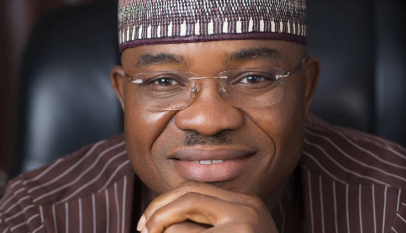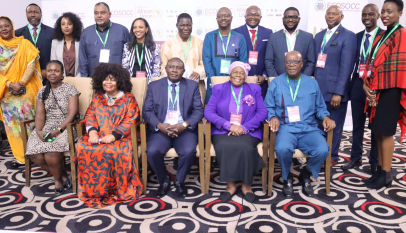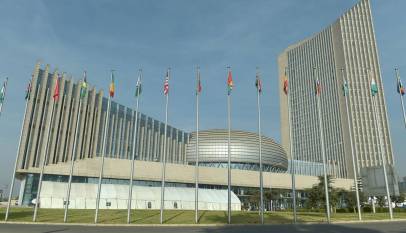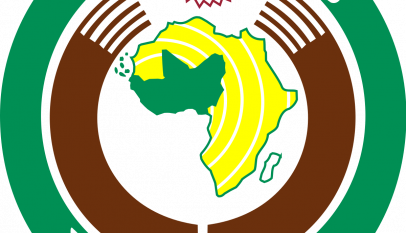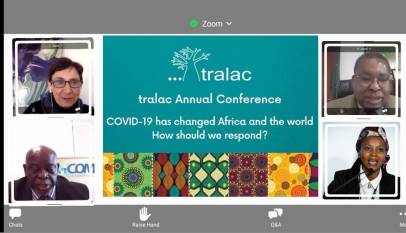INTERVIEW | Why East Asian countries should be Africa’s model on industrialization – Souleymane Abdallah
Dr Souleymane Abdallah is an economist at the United Nations Economic Commission for Africa (UNECA), in charge of industrialization and trade diversification issues; he spoke on the Third Industrial Development Decade for Africa (IDDA III) and the Africa Continental Free Trade Area (AfCFTA), on the sidelines of the 2019 Africa Industrialization Week, held November in Addis Ababa, Ethiopia
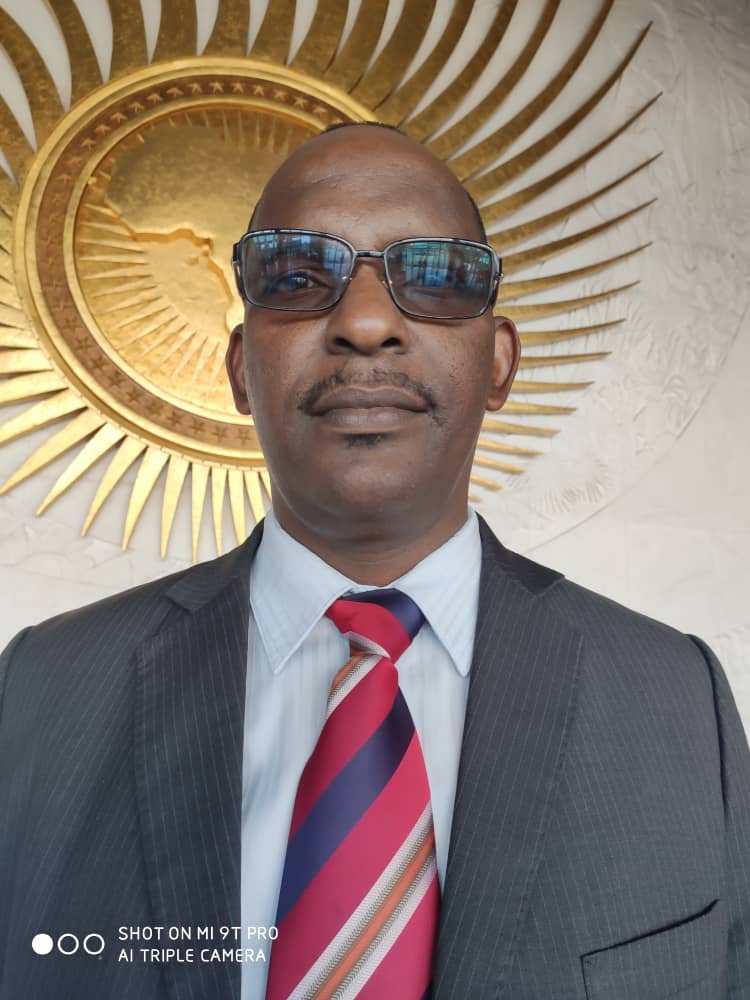
Why is United Nations Economic Commission for Africa (UNECA) interested in the Africa Industrialization Week?
Industrialization is a key development area for Africa; it is unfortunate that it is still not picking up well on the continent. Therefore, it is about time we rethink our development strategy in Africa as a whole because no country or region can develop without a solid industrial base. So, the Africa Industrialization Week provides us with an opportunity to reflect on what is happening on the ground in Africa with regards to industrialization.
There are a lot of initiatives going on even at the UN level in the form of the Third Industrial Development Decade for Africa (IDDA III). Two similar decades – First Industrial Development Decade for Africa (IDDA I) and Second Industrial Development Decade for Africa (IDDA II) – for Africa’s industrialization have passed without much success, I should confess. So, we should make sure Africa gets it right this time especially since there is now a renewed commitment for industrialization on the continent.
We have the Action Plan for Industrial Development in Africa (AIDA). We should work to ensure the implementation of this framework, against the developments that are also happening in relation to the Africa Continental Free Trade Area (AfCFTA) front. These are new opportunities that the continent should cease and make sure they benefit the people of Africa.
Like you said, IDDAI and IDDAII didn’t record significant successes; what lessons are you bringing into the implementation of IDDAIII from the two previous decades?
The two previous IDDAs were weak from the outset because there was no solid implementation framework; there was also no monitoring and evaluation mechanism, there were no financing mechanisms, which are all very important. Therefore, IDDAIII is trying to address all of these shortcomings and also make sure there is a large mobilization of partners, like we are seeing today at the Africa Industrialization Week, where we have Korea discussing with Africa on industrial development.
As a trade and industrialization expert, what do you think are the major inhibitions to successful industrialization in Africa?
Based on my own experience, I will say industrialization is not an easy task; otherwise all our countries would have been industrialized by now. It takes a lot! That is why it is important to learn from East Asian countries such as South Korea who have managed to become industrialized, thanks to a robust industrialization strategy that ensures everything is right at the right time and at the right place.
And that’s why leaderships of African countries need to be disciplined to make sure industrialization happen; it cannot happen if you don’t have a strong governance structure, if you don’t fight corruption, if you don’t make sure every dollar and penny you invest in industrialization is making returns. Industrialization is not going to happen in complacent and corrupt climes.
Now that AfCFTA has become reality, how do you think it will shape intra-African trade and industrialization?
One of the challenges that African countries have been facing is that most of them have relatively very small economies; almost 20 African countries have a population of between 10 and 15 million people. With such small markets, it is really difficult to get the necessary economies of scale to invest industry.
So, by consolidating the 55 countries into one single market, the AfCFTA will at least provide a scale to which industrialization will be possible. The market will constitute around 1.3 billion consumers which will also continue to grow; there is a momentum of growth on the continent which makes it even more interesting.
AfCFTA seeks to facilitate free trade among African countries with a total market estimated to be around the size of USD3.4 trillion. Is it workable?
This is just the beginning and like everything new you will find some people who are not as confident as others about new initiatives. Theoretically, all the studies have shown that AfCFTA is a positive development for Africa. Not just because it is a key milestone of the Agenda 2063, instead because it also make sense economically. We need to consolidate the small markets that we have in Africa which do not provide the scale to which it is possible to implement robust industrial policies.
Moreover, having the AfCFTA is not enough so there is a lot of uncompleted work that needs to be completed; there are still ongoing discussions including on technical aspects of the AfCFTA like defining the rules of origin, non-tariff barriers. So, although there is still a lot of work that is left to be done overall, as Africans, we can clearly see the benefits of the AfCFTA.


